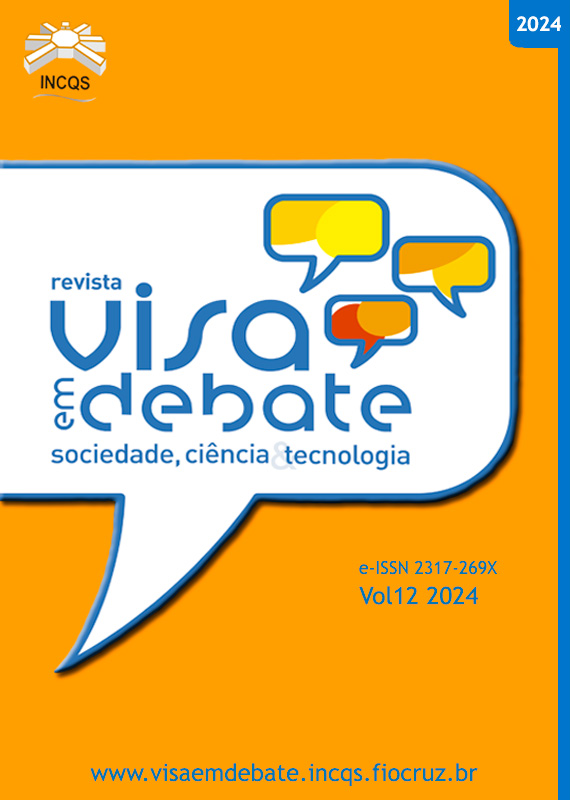Defectives medicines are among us! Analysis of combating defects in drug packaging in terms of the Sanitary Administrative and Consumer Law
Vigil Sanit Debate, Rio de Janeiro, 2024, v.12: e02228 | Published on: 21/06/2024
DOI:
https://doi.org/10.22239/2317-269X.02228Keywords:
Defects, Medicine Packaging, Drug Consumption, Good Manufacturing Practices for Medicines, Consumer Protection CodeAbstract
Introduction: Providing quality, safe, and effective medicine is the purpose of the production and supply chain; however, errors happen. This work addresses action against defects observed in medicines’ primary and secondary packaging from the perspective of health and consumer administrative legislation and their practical consequences in the consumer relationship. Objective: To demonstrate the contribution of health and consumer administrative legislation, with emphasis on Good Manufacturing Practices (GMP) for medicines and the Consumer Protection Code, ensuring adequate and safe information to patients and how suppliers and consumers can influence the control of defects and safe administration of medicines, before, during, and after sale. Method: Adoption of descriptive and explanatory research, a documental nature bibliographical using checklist for direct observation register, about a qualitative and quantitative approach. Results: It was identified that current resolution about GMP applied at medicines have 34 control mechanisms that contribute to avoiding defects in packaging operations, an advance for patient safety. In addition, in all legislative frameworks analyzed, there was a protection of consumerist principles of transparency in information, objective good faith and security. However, there were gaps in the use and knowledge of information and safety devices in packaging materials. Highlighting the practice of changing medications without regulatory provisions as a problem for communicating product defects to the manufacturer and increasing health risk. Conclusions: Despite legislative evolution to combat defects, consumers and pharmacies need more knowledge, awareness, and adequate use of complaint channels. The return/exchange of medicines is a potential sanitary risk that needs to be confronted and perhaps better regulated.
Downloads
Downloads
Published
Issue
Section
License
Copyright (c) 2024 Health Surveillance under Debate: Society, Science & Technology

This work is licensed under a Creative Commons Attribution 4.0 International License.
COPYRIGHT ALLOWANCE The author (s) hereinafter designated as the ASSIGNOR hereby assign and transfer, free of charge, the ownership of the copyrights related to this ARTICLE to the Vigilância Sanitária em Debate: Sociedade, Ciência & Tecnologia (Health Surveillance under Debate: Society, Science & Technology) – Visa em Debate, represented by FUNDAÇÃO OSWALDO CRUZ, established at Av. Brasil, nº 4365, Manguinhos, Rio de Janeiro, RJ, Brazil, CEP 21045-900, under the conditions set out below: (a) The terms and conditions set forth in this Agreement shall apply to the following: 1. The ASSIGNOR declares that they s(he) is (are) the author (s) and owner (s) of the copyrighted property of the ARTICLE submitted. 2. The ASSIGNOR declares that the ARTICLE does not infringe the copyrights and / or other property rights of third parties, that the disclosure of images (if any) has been authorized and that they s(he) assume(s) full moral and / or property liability for its content, before third parties. 3. THE ASSIGNOR assigns and transfers all copyrights relating to the ARTICLE to the ASSIGNEE, especially the rights of editing, publication, translation into another language and reproduction by any process or technique. The ASSIGNEE becomes the exclusive owner of the rights related to the ARTICLE, and any reproduction, totally or partially, is prohibited in any other means of publicity, printed or electronic, without prior written authorization from the ASSIGNEE. 4. The assignment is free and, therefore, there will be no remuneration for the use of the ARTICLE by the ASSIGNEE.






